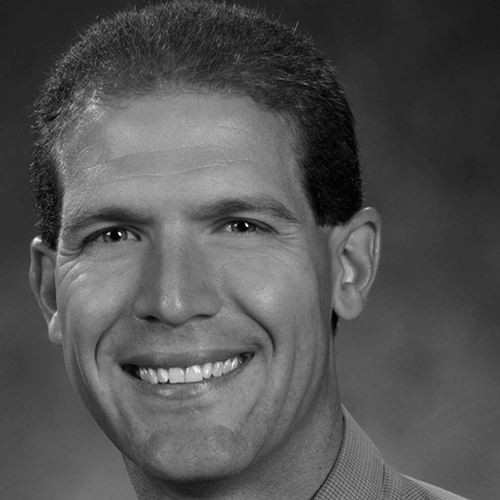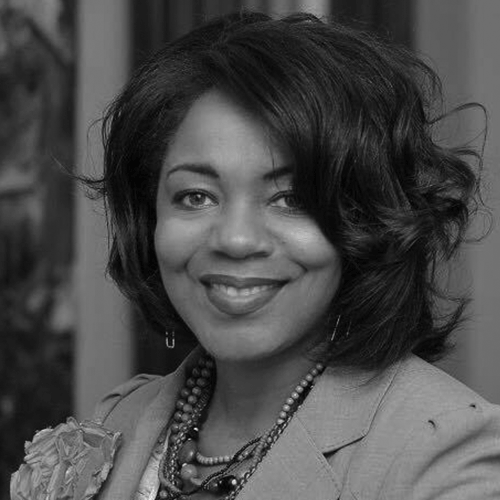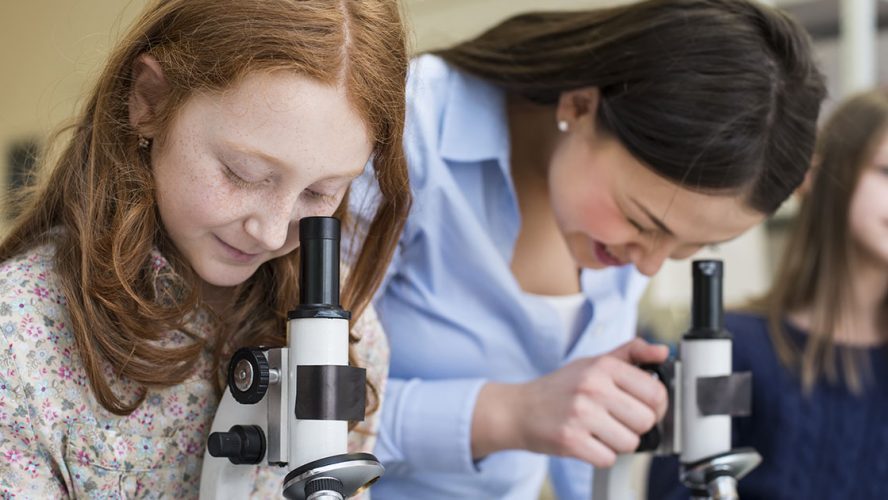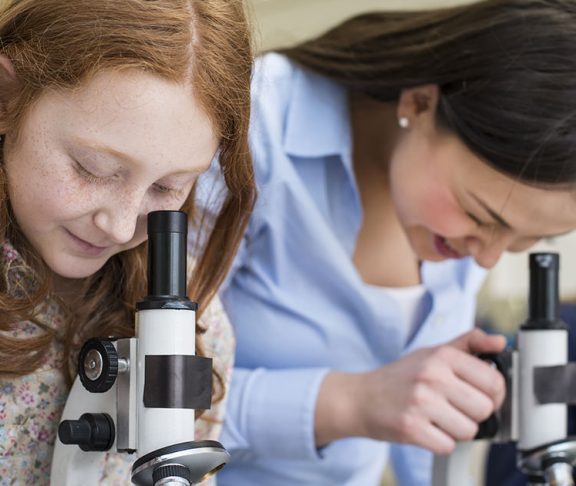
Dr. Brian Boyd
Associate Professor of Mathematics Education, Wright State University

Traci Buckner
Executive Director, Akron Children’s Museum
If we fail to see beyond these siloed categories in the acronym, we will fail to realize our greater potential. STEM is a mindset; a way of thinking that demands us to tap into integral skills like collaboration, creativity and critical thinking.
In the past decade, businesses and legislatures have been focused on STEM as a way to produce the workforce needed in the near future, and this focus has become a top priority of many school districts, museums and universities. But what about the homes and communities that nurture the young minds who will enter the school systems? What about the workplaces across the country? What place does STEM have in these environments that are part of our daily lives? How do schools, homes, communities and workplaces respond when young people question the status quo? Do we criticize them as not being knowledgeable? Or do we support them to be curious, and to see answers to problems and issues with which they are passionate? Are we focused on supporting them so that they can walk into adulthood as confident contributors to their communities and our country’s growth and success?
It’s important that our schools, homes, communities and workplaces treat and support children as:
- Collaborators who can solve authentic problems by working collectively over a longer period of time than it takes to type 280 characters
- Creators with innovative ideas and products that will strengthen our economy, our position in the global marketplace, and our democracy
- Critical thinkers that are valued for their ability to analyze, determine, and evaluate multiple solutions to solve complex issues or reach an end goal
These and other skills fit within the framework that is STEM. These are the skills that will help our children participate in our democracy and prepare them for their future — as innovators, entrepreneurs, teachers, leaders, citizens, employers and any other role they choose to fill.

